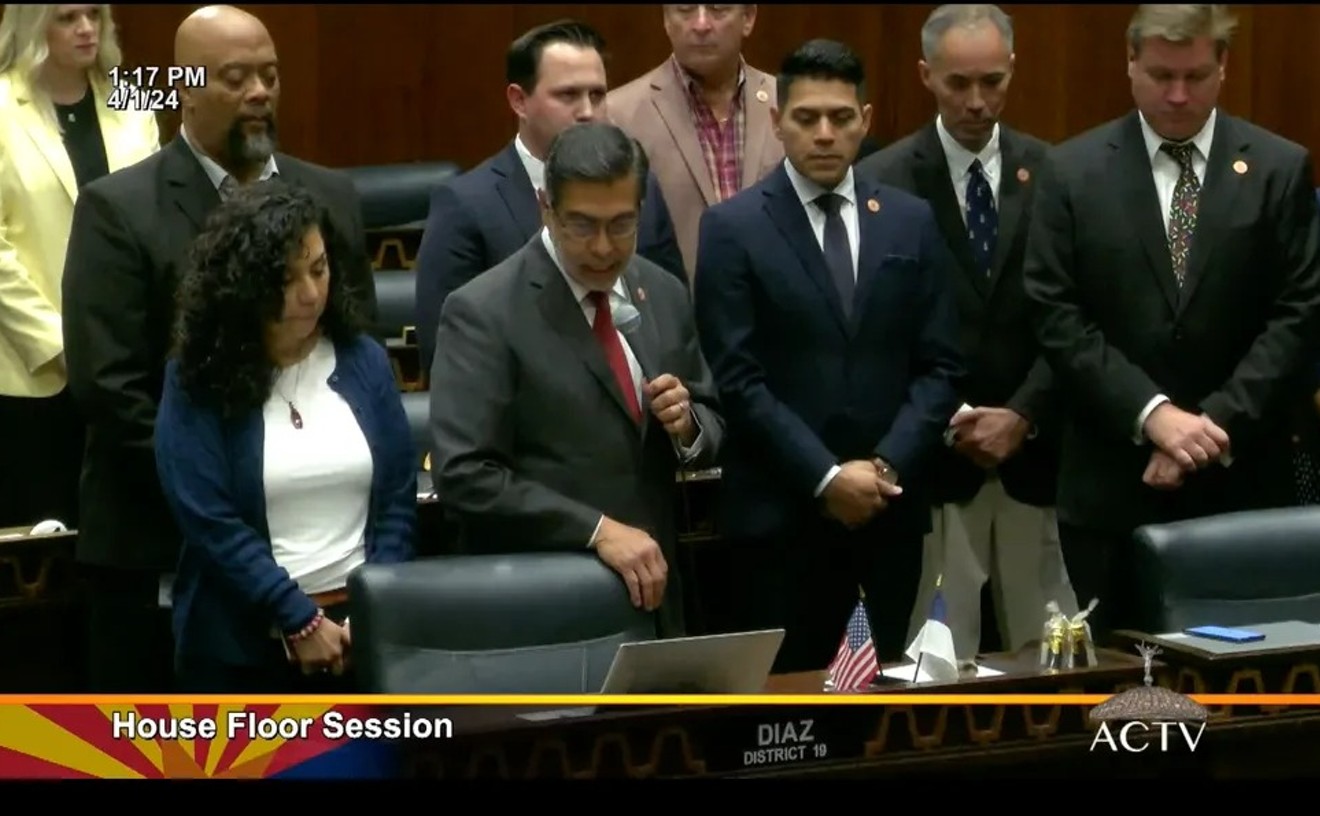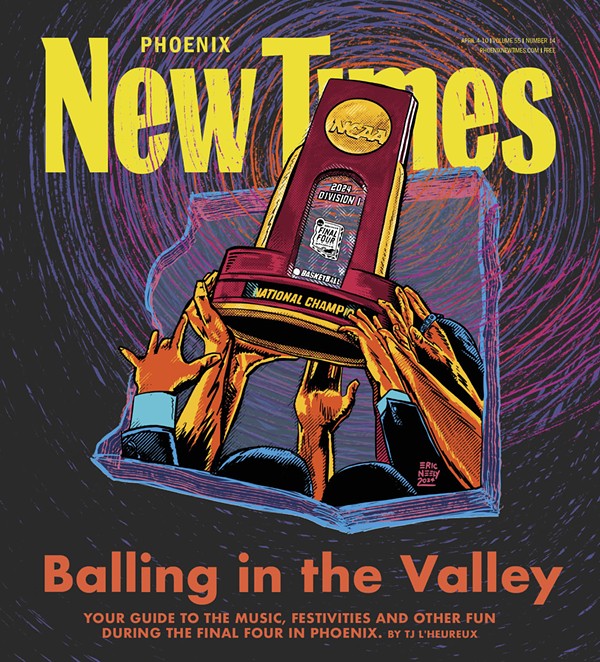Arizona State University officials threatened a Texas Internet company with legal action this spring following publication of a viral blog post that claimed the university had the nation's highest rate of STDs.
At least a little damage to ASU's reputation was probably done because of the huge online crowd that viewed the bogus article before the website admitted it was false.
In case you were wondering after seeing the article or hearing the "news" — no, ASU does not have the highest rate of STDs of any college campus in the country. (As far as anyone knows, anyway.)
A blog for STDcheck.com, an online STD-test referral company, published "5 Colleges with the Highest STD Rates" on March 6 and listed ASU in the top spot. The article's Facebook counter shows more than 28,000 shares. Numerous news and blog sites ran with the story as if it were true (or interesting enough to mention, anyway), including a story without a byline on local kfyi.com. No evidence of the claims is offered to support the validity of the list other than generalized, broad connections to various state or university information about STDs.
Fiyyaz Pirani, an Internet entrepreneur from Houston who owns STDcheck.com and other websites, tells New Times today that the article wasn't meant to be taken seriously and that his company was caught off guard when it went viral.
"It broke our servers," he says, adding that Internet stats show it garnered "a few hundred thousand views."
ASU chief spokesman Mark Johnson, along with Karen Liepmann of ASU's Office of General Counsel, phoned Pirani on March 20, threatening to sue Pirani's company unless changes were made. Johnson followed up with an e-mail to Pirani that day demanding the company state in an official letter that the STD story was erroneous, was not based on scientifically valid data or analysis, and was an "ill-advised effort at humor." ASU also wanted Pirani to state that he "deeply apologized" to ASU."Please understand that I have bosses who were extremely displeased with the inaccurate and defamatory nature of your original posting..."
tweet this
When Pirani didn't respond to Johnson's e-mails after three days, Johnson fired off another e-mail warning that Pirani should try to avoid expensive and "time-consuming" legal action.
"Please understand that I have bosses who were extremely displeased with the inaccurate and defamatory nature of your original posting," Johnson wrote.
Johnson mentions that the company had put up a replacement to its original post that "perpetuated" the problem.
Jose Cardenas, general counsel for ASU, sent a stern e-mail to Pirani on March 31, warning that he was about to sic a Texas lawyer on the company.
E-mailed negotiations followed over the next couple of days, with Pirani deciding he'd only go so far to meet ASU's demands. He refused to apologize for the story or say it was "ill-advised."
Pirani did agree to publish the disclaimer now seen at the top of the story that incorporates some of the wording ASU wanted. It states: "This was our attempt at Satire/Humor. We acknowledge that this article regarding the incidence of sexually transmitted diseases at these five colleges was factually erroneous. It was not based on any scientifically valid data or analysis."
But Pirani poked fun at the legal threats, changing the name of Arizona State University in the STD article to read, "Attorneys Stop University." He also left in a link to a 2011 article by an alleged ASU student about ASU and STDs. The latter article linked to a 2009 New Times' article about the rise of STD rates in the United States and mentioned a non-scientific Trojan condoms "report card" that showed ASU near the bottom of a list of colleges' "sexual health."
He has principles, Pirani explains, and he felt that ASU acted like censoring bullies. A huge university like ASU "should be able to roll with the punches" without putting its substantial, state-funded legal resources to bear against a small company like his, he says.
ASU declined to comment beyond its release of e-mails with Pirani following our request for the public records.
Got a tip? Email Ray Stern
Follow Ray Stern on Twitter: @RayStern
Follow Valley Fever on Twitter: @ValleyFeverphx











